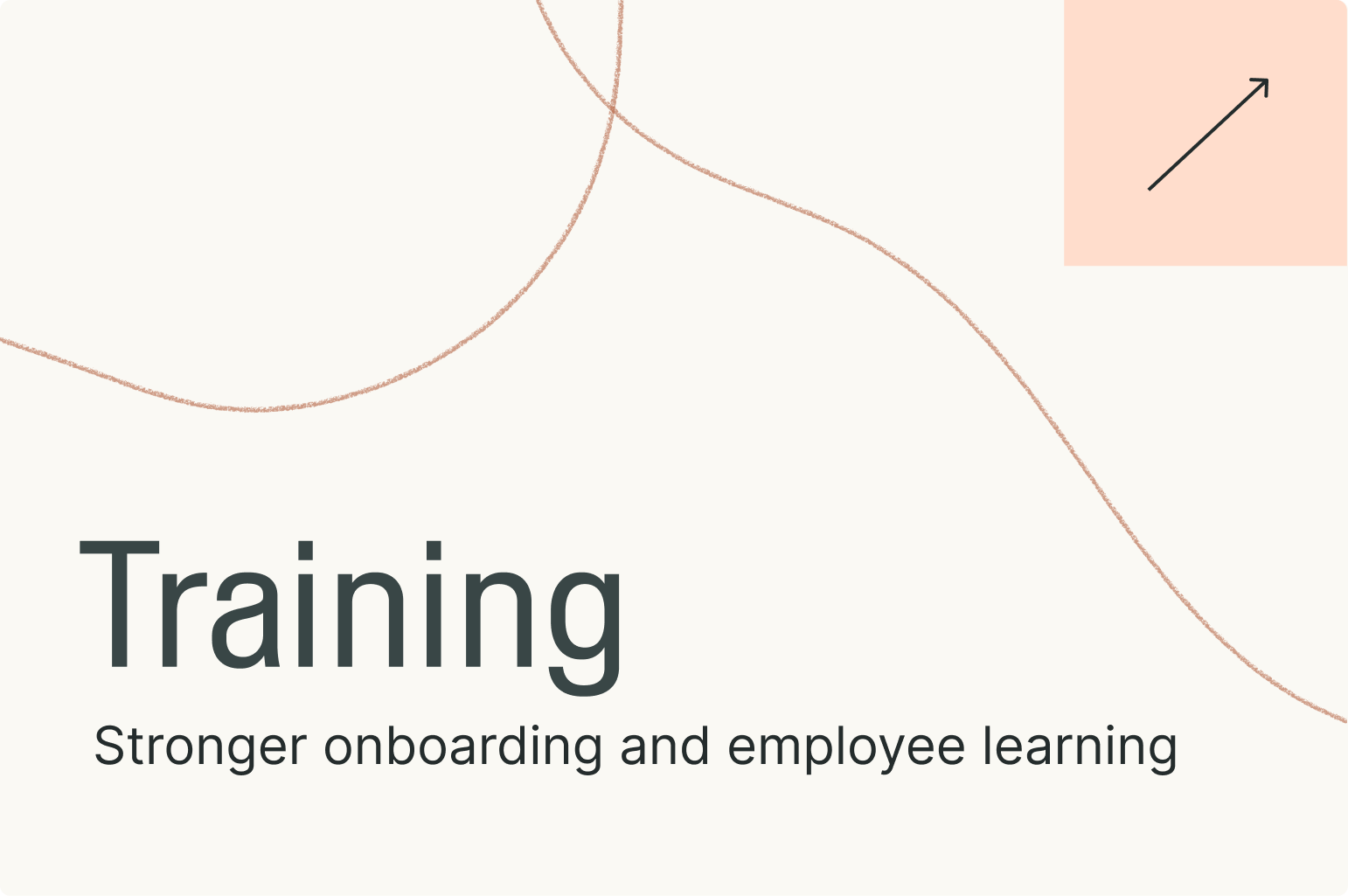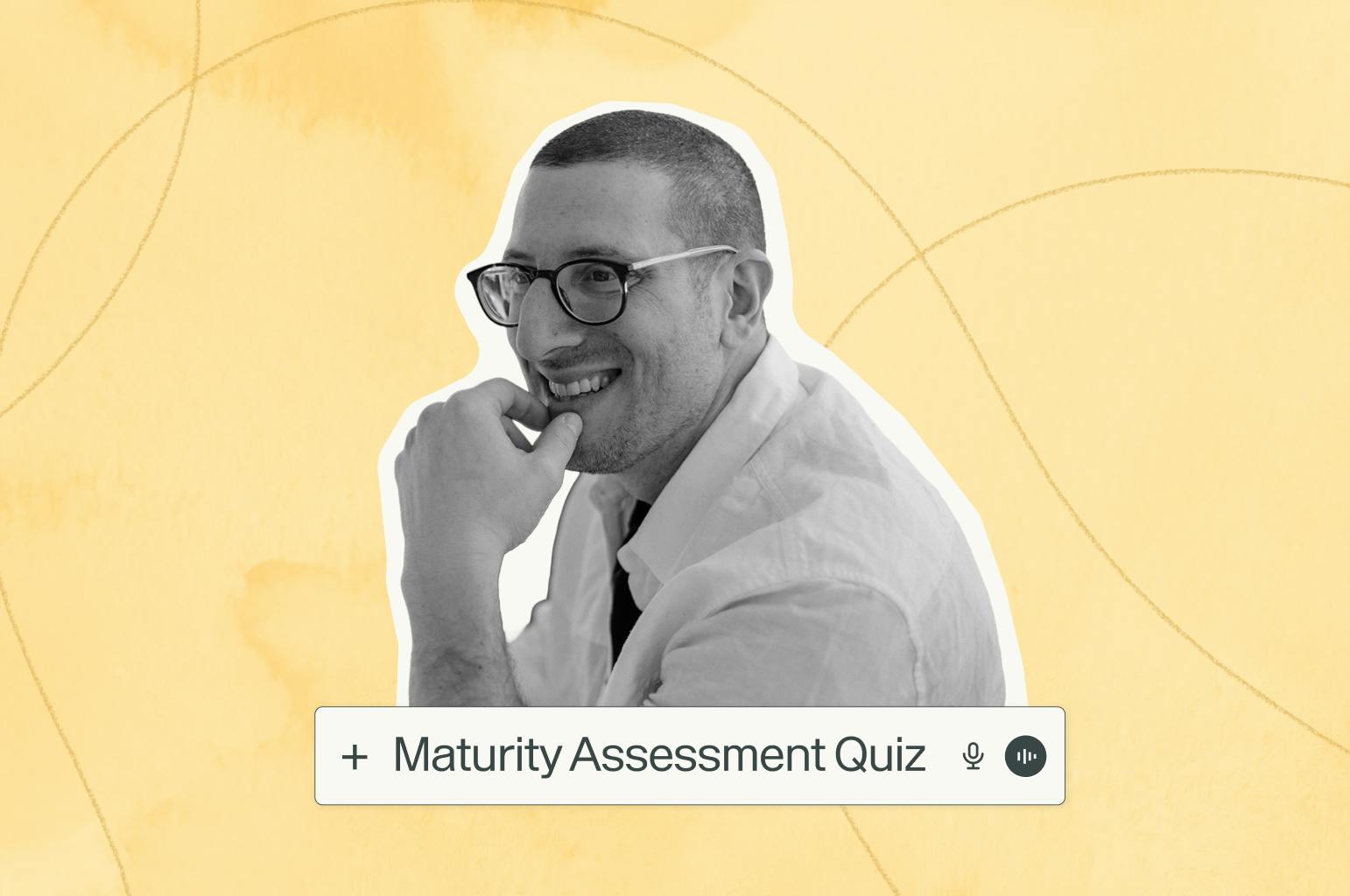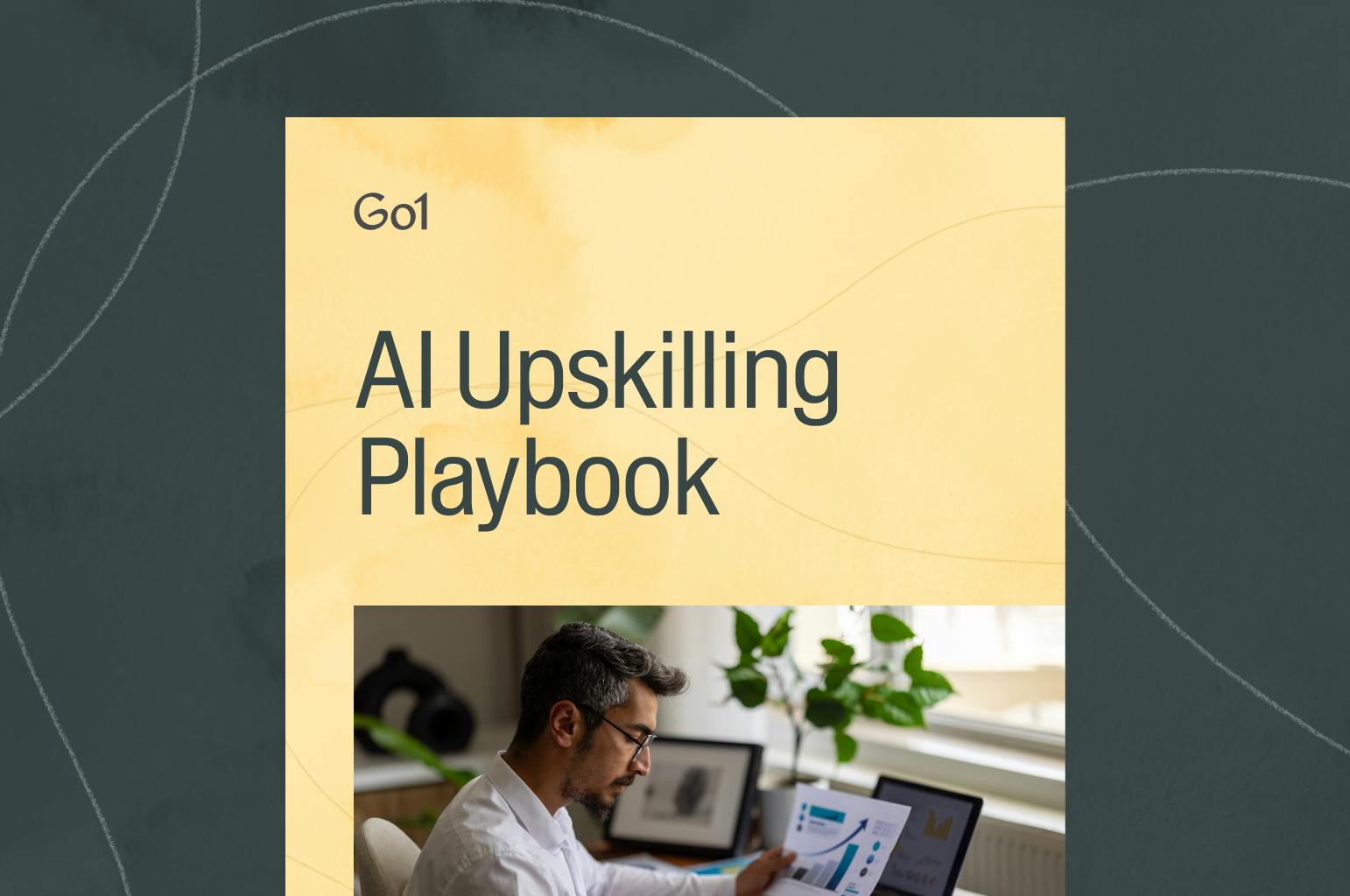Cognitive learning theory: benefits and examples


How often do you stop to think about how you learn? For most of us, learning becomes second nature—an automatic process. But without a conscious approach, we risk falling into passive habits that limit long-term growth.
Cognitive learning theory changes that by encouraging learners to actively engage with new information and think about how they learn. Instead of simply absorbing facts, cognitive learning helps employees develop critical thinking skills, improve comprehension, and build a lifelong learning mindset.
In this article, we’ll break down cognitive learning theory, explore two key sub-theories, and highlight the benefits of applying these principles in workplace learning.
What is cognitive learning theory?
Cognitive learning theory focuses on how we acquire knowledge by understanding thought processes. It differs from behavioral learning, which emphasizes external stimuli and responses.
Cognition simply refers to thinking. It is the “mental action or process of acquiring knowledge and understanding through thought, experience, and the senses.”
At its core, cognitive learning theory involves two main concepts:
- Cognition: The mental process of acquiring knowledge through experience, thought, and the senses.
- Metacognition: Thinking about thinking—reflecting on how we learn to improve retention and comprehension.
By recognizing these processes, organizations can design better learning experiences that improve knowledge retention and application.
Cognitive learning vs. behavioral learning
Psychologist Jean Piaget developed cognitive learning theory which focuses on internal mental structures and processes in response to behaviorism. This theory suggests that learning occurs through external rewards and conditioning. Piaget argued that learning is an active process where individuals build knowledge based on their experiences.
In other words, cognitive learning theory focuses less on what you’re learning and more on how you’re learning. It’s the difference between mindlessly memorizing facts to pass a test and building sustainable, repeatable, and substantive learning patterns that will allow for long-term professional growth.
Instead of simply reacting to external factors, cognitive learning encourages employees to actively process, organize, and apply information in a way that makes sense to them.
Three stages of cognitive learning
Cognitive learning follows a structured process:
- Accommodation: taking new information into account by modifying what we already know.
- Assimilation: Arranging new information inside our heads alongside what we already know.
- Equilibration: Balancing what we already know with the information we are trying to acquire.
This structured approach helps learners make meaningful connections between past and new experiences, continuously deepening their reflective learning.
It’s the difference between mindlessly memorizing facts to pass a test and building sustainable, repeatable, and substantive learning patterns that will allow for long-term professional growth.
Two key branches of cognitive learning theory
Cognitive learning theory can be divided into two primary sub-theories:
1. Social cognitive theory
- Emphasizes how social interactions shape workplace learning.
- Suggests that people learn by observing others such as peers, teachers, managers, or mentors.
- Includes concepts such as observational learning (seeing someone else perform a task), positive reinforcement (such as praise or tangible rewards), and reciprocal determinism (how individuals, behaviors, and environments interact).
2. Cognitive behavioral theory
- Focuses on how thoughts influence learning, emotions, and behavior.
- Recognizes that factors like motivation, self-awareness, and mindset impact knowledge retention.
- Suggests that by changing thought patterns, learners can improve performance and problem-solving abilities.
Finally, it is worth emphasizing that these theories are not mutually exclusive but rather, intertwined subsets of cognitive learning theory. Both theories play an important role in workplace learning—employees learn both from external influences (leaders and peers) and from their own thought processes.
Benefits of cognitive learning in the workplace
Applying cognitive learning principles in employee training programs has several advantages:
1. Improves comprehension
Cognitive learning helps employees learn by doing, leading to a deeper understanding of new concepts. This is especially useful for hands-on training and upskilling initiatives.
2. Enhances problem-solving skills
By focusing on how employees learn, cognitive learning encourages critical thinking, helping employees develop strategies for tackling complex challenges.
3. Boosts confidence
Employees who understand their learning processes feel more capable and prepared to handle new tasks, reducing anxiety and increasing job satisfaction.
4. Encourages lifelong learning
Cognitive learning fosters curiosity and engagement, helping employees continuously build on existing knowledge and stay adaptable in evolving industries.
Applying cognitive learning theory in L&D
L&D leaders can use cognitive learning strategies to create more effective workplace learning programs. Practical applications include:
- Encouraging reflective learning – Incorporate debriefs and discussions after training sessions.
- Using real-world scenarios – Apply knowledge to hands-on projects and case studies.
- Promoting mentorship and peer learning – Leverage social cognitive theory by encouraging employees to learn from others.
- Providing self-paced learning opportunities – Allow employees to engage with materials at their own pace to reinforce comprehension.
Support your workforce with smarter learning
Understanding how employees learn is just as important as what they learn. By applying cognitive learning principles, L&D leaders can design training that improves comprehension, problem-solving, and long-term knowledge retention.
Want to build a culture of continuous learning in your organization?
Related Articles

Application Guide: How to use the Go1 AI for L&D Maturity Assessment to assess our workforce AI capability

AI upskilling made clear: A practical guide to building an AI-ready workforce

Go1 welcomes PepTalk

5 Data-Backed Insights Shaping the Future of AI in Workplace Learning

Train smarter, spend less
Train smarter,spend less
Connect with a Go1 expert to explore the best training options for your organization—no pressure, just solutions that work.